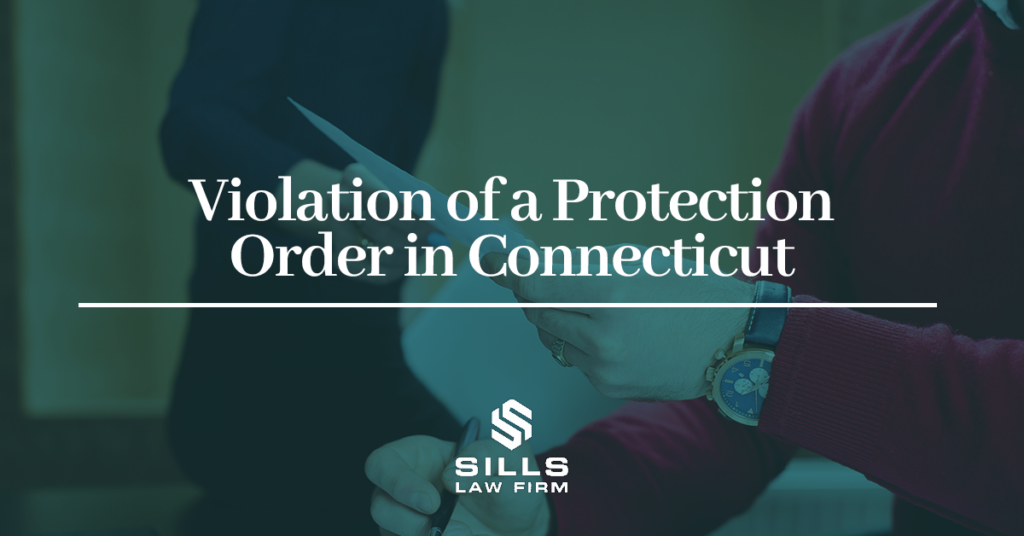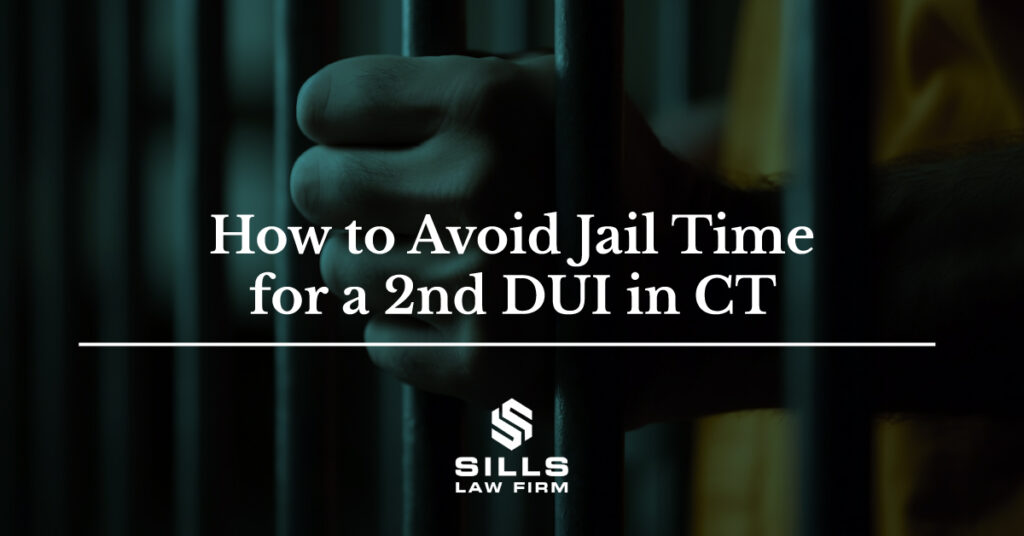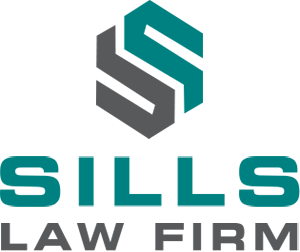Most DUI arrests occur in two situations: a car accident or a traffic stop due to “reasonable suspicion” of drunk driving. But how does the police initially determine reasonable suspicion? What types of driving behaviors are they looking for?
Remember, law enforcement is prohibited from stopping a vehicle for no apparent reason or due to a “gut feeling.” There needs to be a reason to make a traffic stop. Collected from DUI cases, and observations of many officers throughout the United States, the National Highway Traffic Safety Administration (NHTSA) has created a list of certain “cues” which indicate impaired driving.
The following are the four main categories of visuals cues to help law enforcement spot intoxicated motorists:
- Difficulties staying within the driving lane – Problems with maintaining proper lane position and moving between different lanes are often experienced by intoxicated drivers. Common examples include drifting, weaving, swerving, making turns that are too wide, straddling a lane line, crossing lane lines, and nearly heating an object or vehicle.
- Braking and accelerating problems – Drunk drivers typically struggle with gauging distance and speed while operating the vehicle, such as properly stopping. Common braking issues include stopping several feet before or past a limit line, making jerky stops, stopping at odd angles, and stopping far from the curb. Common acceleration problems include failing to drive at a consistent speed, driving well below or beyond the posted speed limit, sudden acceleration or deceleration for no valid reason.
- Awareness issues – Drunk drivers fail to remain alert on the road, which can result in missing traffic signals or being unaware of the movement of traffic. Common examples of awareness issues include going the wrong way, driving in the oncoming lane, slowly respond to traffic lights, no headlights in the dark, failing to use turn signals, or stopping in the middle of the lane without a valid reason.
- Judgment difficulties – Drivers must constantly be careful and make judgments while on the road. When drivers are impaired on alcohol, they often take more risks compared to sober motorists. Common examples of judgment issues include tailgating, making an unsafe lane change, making an illegal turn, unusual driving behavior, and driving off the road.
Once a police officer pulls you over, they must establish “probable cause” that you were committing the crime of driving under the influence. Common signs of impairment include the odor of alcohol coming from your breath or car, slurred speech, poor motor skills, delayed responses to questions by police or an open container of alcohol in your vehicle.
Just because you have been arrested, doesn’t mean that you are guilty. Although law enforcement noticed these visual cues before pulling you over, doesn’t mean that you are under the influence of alcohol.
If you have been arrested, it is imperative to reach out to an experienced criminal defense attorney for help. Your lawyer can evaluate your case, determine whether the police failed to establish reasonable suspicion or probable cause, collect evidence, and build an effective defense strategy on your behalf.
Contact our Connecticut DUI attorneys at The Sills Law Firm and schedule a free consultation for more information today.
Related:
- Hartford Drunk Driving Lawyer
- Stamford Drunk Driving Lawyer
- Manchester Drunk Driving Lawyer
- Middletown Drunk Driving Lawyer
- Bridgeport Drunk Driving Lawyer
- Meriden Drunk Driving Lawyer
- Danbury Drunk Driving Lawyer
- Waterbury DUI Lawyers
- How Much Does a DUI Lawyer Cost in Connecticut?
- What to Expect with a 1st Offense DUI in Connecticut






